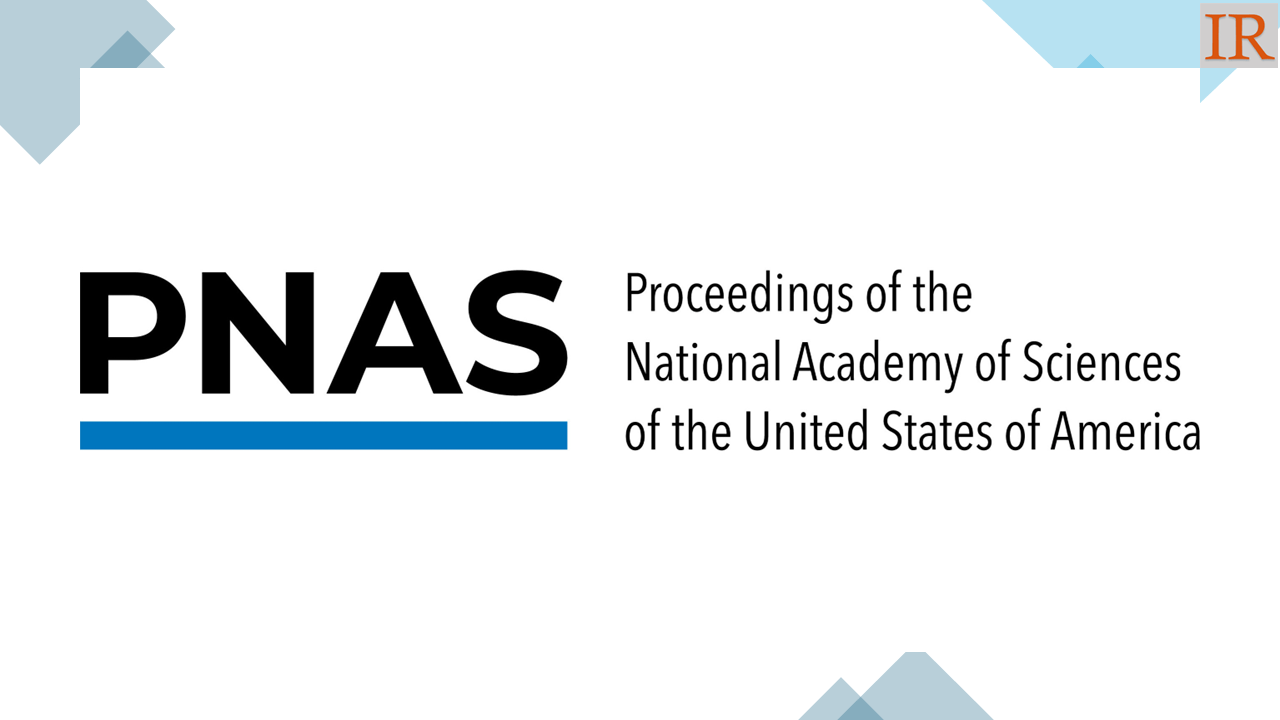When applying for a graduate program, there are many documents that need to be submitted along with your application, including transcripts, letters of recommendation, and test scores. However, the most important documents that you need to submit are your statement of purpose and personal statement. While both of these documents are important for your graduate application, they are not the same thing. In this blog, we will discuss the key differences between a statement of purpose and a personal statement.
What is a Statement of Purpose?
A statement of purpose (SOP) is a document that outlines your academic and professional goals, as well as your reasons for applying to a particular graduate program. The SOP is typically required for graduate programs in fields such as science, engineering, business, and law.
In a statement of purpose, you should explain why you are interested in pursuing a graduate degree in your field, what you hope to accomplish in your studies, and how you plan to use your degree after graduation. You should also highlight any relevant academic or professional experience that has prepared you for graduate studies.
The statement of purpose should be concise, clear, and to the point. It should also be well-structured, with a clear introduction, body, and conclusion. Your writing should be focused and free of jargon, and you should avoid using overly technical language or complex terms unless they are necessary.
When writing your statement of purpose, you should also be aware of the specific requirements of the program you are applying to. Some programs may ask for specific information or may have a specific format for statement of purpose. It is important to follow these guidelines carefully to ensure that your statement of purpose is as strong as possible.
To know the Tips and Strategies for Writing an Effective Statement of Purpose, read our latest blog Tips and Strategies for Writing an Effective Statement of Purpose (2023)
To write the Statement of Purpose for grad school, read our blog How to write statement of purpose for grad school: 6 simple steps
What is a Personal Statement?
A personal statement is a document that provides a more personal perspective on your background, experiences, and interests. The personal statement is typically required for graduate programs in fields such as humanities, social sciences, and the arts.
In a personal statement, you should provide a narrative that tells the reader about your life experiences, interests, and goals. You should focus on the events and experiences that have shaped you as a person, and explain how they have prepared you for graduate studies.
The personal statement should be written in a more informal and conversational tone than the statement of purpose. You should use personal anecdotes and stories to illustrate your points, and you should be honest and reflective about your experiences.
Like the statement of purpose, the personal statement should be well-structured, with a clear introduction, body, and conclusion. Your writing should be focused and free of jargon, and you should avoid using overly technical language or complex terms unless they are necessary.
When writing your personal statement, you should also be aware of the specific requirements of the program you are applying to. Some programs may ask for specific information or may have a specific format for the personal statement. It is important to follow these guidelines carefully to ensure that your Personal Statement Writing Service is as strong as possible.
The Key Differences Between a Statement of Purpose and a Personal Statement
While both the statement of purpose and personal statement are important components of your graduate application, there are several key differences between the two documents.
- Purpose: The statement of purpose is focused on your academic and professional goals, while the personal statement is focused on your life experiences and interests.
- Tone: The statement of purpose is written in a more formal and professional tone, while the personal statement is written in a more informal and conversational tone.
- Content: The statement of purpose focuses on your academic and professional achievements, while the personal statement focuses on your personal experiences and interests.
- Structure: The statement of purpose is typically more structured, with a clear introduction, body, and conclusion. The personal statement may be more narrative in nature, with less emphasis on structure.
- Requirements: The statement of purpose and personal statement may have different requirements based on the program you are applying to. For example, some programs may require a specific length or format for the statements, or may ask for specific information to be included. It is important to carefully read and follow the guidelines provided by the program to ensure that your statements meet their requirements.
- Emphasis: The statement of purpose emphasizes your academic and professional achievements and how they have prepared you for graduate studies. The personal statement emphasizes your personal experiences and how they have shaped your interests and goals.
- Audience: The statement of purpose is typically read by a committee of admissions officers, faculty members, or department heads who are evaluating your application. The personal statement may also be read by these individuals, but it may also be read by other members of the community, such as alumni or current students.
- Importance: Both the statement of purpose and personal statement are important components of your graduate application, but the statement of purpose is often given more weight in the admissions process. This is because it provides a clear understanding of your academic and professional goals and how they align with the program’s mission and values.
Tips for Writing a Strong Statement of Purpose and Personal Statement
Whether you are writing a statement of purpose or personal statement, there are several tips you can follow to ensure that your documents are strong and effective.
- Research the program: Before writing your statement of purpose or personal statement, research the program you are applying to. This will help you understand the program’s mission and values, as well as the specific requirements for the statements.
- Be concise: Both statements should be concise and to the point. Avoid using overly complex language or technical jargon, and focus on communicating your ideas clearly and effectively.
- Highlight your achievements: In the statement of purpose, emphasize your academic and professional achievements and how they have prepared you for graduate studies. In the personal statement, highlight your personal experiences and how they have shaped your interests and goals.
- Be specific: Provide specific examples of your achievements and experiences, and explain how they relate to your academic and professional goals. This will help make your statements more compelling and convincing.
- Edit and proofread: Once you have written your statements, edit and proofread them carefully to ensure that they are free of errors and communicate your ideas clearly and effectively.
Conclusion
In conclusion, the statement of purpose and personal statement are both important components of your graduate application, but they serve different purposes and have different requirements. The statement of purpose focuses on your academic and professional goals, while the personal statement focuses on your personal experiences and interests. To write strong statements, research the program, be concise and specific, and edit and proofread carefully. By following these tips, you can create compelling statements that showcase your achievements and prepare you for success in graduate school.
For the templates of statement of purpose and personal statement, visit template.net.
Let us know if you find this post helpful? Leave comment and share.
About Publisher
IR Research Publication is publisher, editorial, and profile building service provider and assists the scholars with resume, curriculum vitae, cover letter, and statement of purpose building.
If you like this article, then visit our Pharma Blog page for more such articles.







